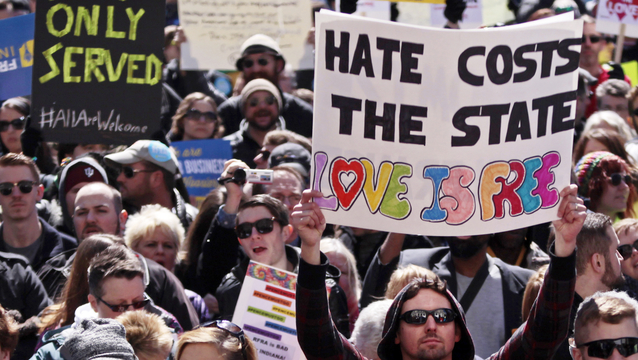My piece last week generated plenty of conversation, which is always gratifying. Over the past decade, writing here at Mere Orthodoxy has allowed me to work through a number of questions with others who have very different perspectives than I do. One reason why I will never turn off the comments is that even though I can’t respond to everyone, I read all of them and learn from many of them.
Login to read more
Sign in or create a free account to access Subscriber-only content.
Topics:
